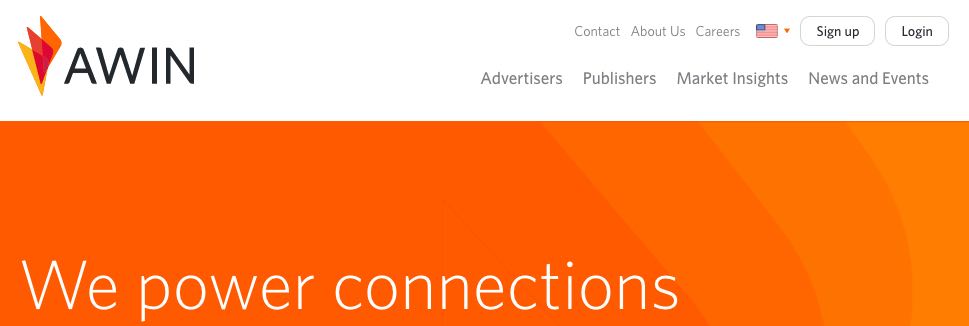
Awin is a worldwide affiliate marketing network. Earlier this year, it acquired ShareASale, a prominent U.S. company. It is one a several recent high-profile acquisitions in the affiliate-marketing industry.
Every few years headlines scream that affiliate marketing is dead or dying. In fact, affiliate marketing continues to grow, but it’s evolving rapidly. Two things are driving this evolution: the consolidation of well-known brands and the revolving door of new affiliates.
In January, ShareASale, a leading affiliate network, was acquired by Affiliate Window, now known as Awin, another network. ShareASale has a strong foothold in the U.S. while Awin has been expanding globally. Together, they should have a bright future.
At the recent Type-A West 2017 in Denver — a conference for parents that blog — representatives from both networks hosted a panel on affiliate marketing. The blogger-affiliates in attendance learned about the combined tools and training from both companies and the possibility of affiliates having access to thousands of global programs in one interface.
Conferences such as Type-A, Affiliate Summit, and Influencer Marketing Days are bringing in new affiliates with fresh perspectives. The new waves of bloggers trying to monetize their content are able to interact and learn from veterans at these shows. An increasing number of these industry pioneers have scaled back or are preparing for retirement. The next generation is learning as much as it can now and will bring new ways of thinking, which is critical for the success of the industry.
Incentives to Bloggers
The bloggers are evolving. The group known as “mommy bloggers” 10 years ago morphed into “parent bloggers” and are now succeeding as “lifestyle bloggers.” In many cases, bloggers are looking at new ways to create content and provide for themselves financially.
This is driving merchants to consider hybrid models of influencer marketing and traditional affiliate marketing. Instead of paying upfront fees for reviews, they are enticing bloggers to consider promotions of their products with stronger long-term money-making proposals based on sales and bonuses. As brands examine attribution models, future hybrid models could involve compensation on any type of influence.
Even corporate affiliates are subject to consolidation. Ebates, the cash-back giant and subsidiary of Rakuten, bought Cartera Commerce, a respected airline loyalty platform. In October 2016, Groupon bought its one-time rival LivingSocial. Last month, Harland Clarke, the provider of personal and business checks, purchased RetailMeNot, the largest coupon site.
Harland Clark reportedly paid a 50-percent premium over the closing share of RetailMeNot’s common stock. The site features more than 600,000 coupons, both new and expired, and works with more than 70,000 retailers. RetailMeNot ranks highly in search engines for nearly every brand name plus the term “coupon” — such as “iPad coupon.” For brands, RetailMeNot can be a source of new customers.
Merchants and affiliate-marketing managers sometimes worry about such large consolidations. Merchants and managers don’t know how the successor organization will impact the infrastructure of the old one. They don’t know if their contact at the new company will have a job next month or next year. They worry about changes that would have a negative effect on future sales, such as an important affiliate leaving the program.
Affiliate marketing will continue to evolve. At the Type-A West conference, I told attendees this in my keynote address. I told them to write down their affiliate goals and, importantly, change direction as needed.




